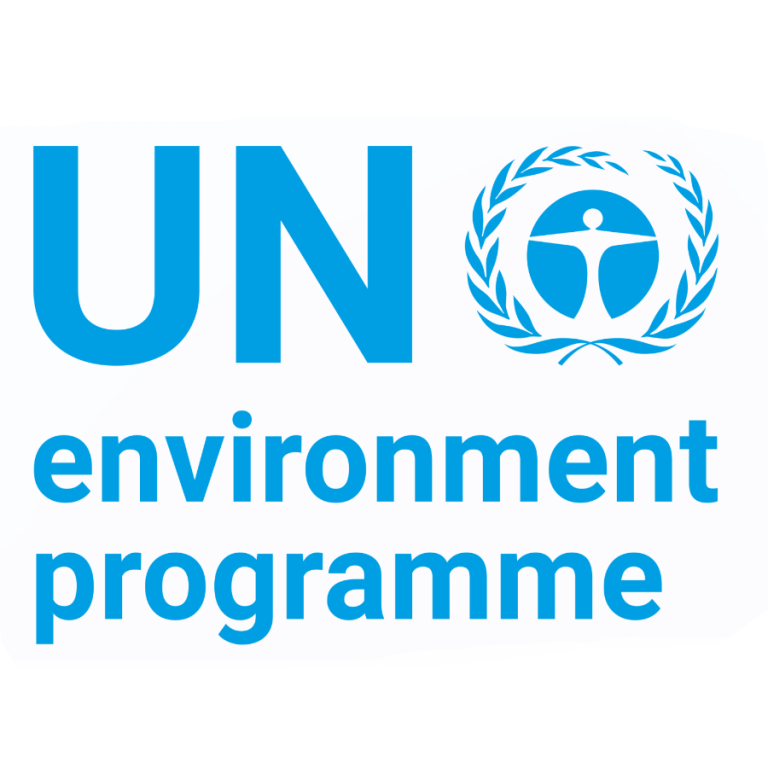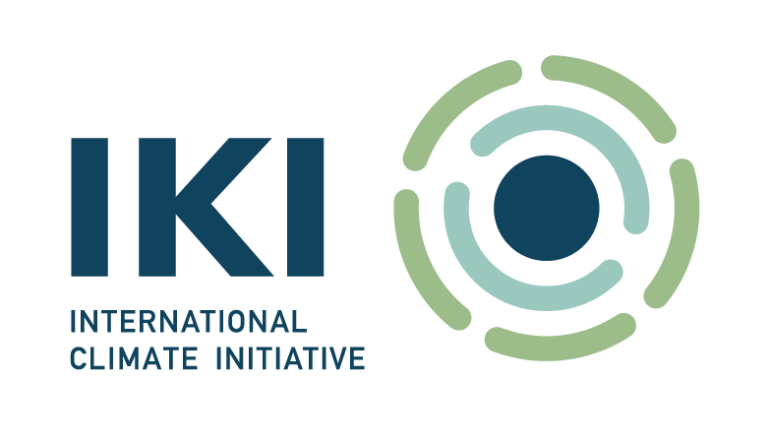EbA Policy Mechanisms for Gender Transformative Action: Fostering Women’s Capacities in Dryland Regions
Project Information
Dryland regions are experiencing increasingly extreme climate events – including prolonged droughts, devastating floods, and record heatwaves – that threaten ecosystems, livelihoods, and water security. Women, who are often primary land users and natural resource managers, are particularly vulnerable to these changes. However, adaptation strategies such as ecosystem-based adaptation (EbA) often remain short-term and fragmented, frequently overlooking gender and intersectional dimensions. This- limits their sustainability, effectiveness, and long-term impact.
EbA Policy Mechanisms for Gender Transformative Action: Fostering Women’s Capacities in Dryland Regions responds to these challenges by advancing gender-responsive EbA policies at global and regional levels. The project supports the engagement of women from drylands, including negotiators, and promotes inclusive climate and environmental governance. Building on the foundation of the Nurturing Community of Knowledge Practice for Women in Dryland Forests and Agrosilvopastoral Systems (WeCaN) – and supported by the World Overview of Conservation Approaches and Technologies (WOCAT) and the Kaschak Institute for Social Justice for Women and Girls (KI) – the initiative strengthens the negotiation and advocacy skills of women, youth, and Indigenous leaders engaged in UNFCCC, CBD, and UNCCD processes. Through a combination of negotiation trainings, workshops, South-South knowledge exchanges, and collaborative in-person and virtual engagements, the project promotes EbA policies and practices that are both climate-resilient and socially inclusive.
At its core, the project tackles a persistent gap: the lack of long-term, inclusive EbA implementation in dryland regions, where women are often disproportionately affected by climate impacts and yet remain underrepresented in decision-making. By integrating gender and intersectional perspectives, the project fosters more equitable, effective, and lasting solutions for climate resilience and land restoration.
By closing the implementation gaps, amplifying diverse voices in policy, and promoting community-led, long term EbA solutions, this project contributes to a more resilient, restored, and just future for dryland regions.
Key Metrics
Implemented By:
Centre for Development and Environment (CDE)

In partnership with:
Ellyn Uram Kaschak Institute for Social Justice for Women and Girls

And: WeCaN





